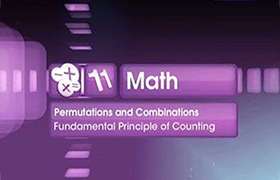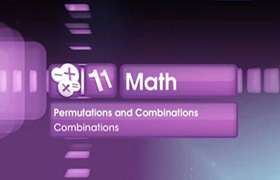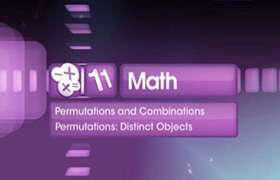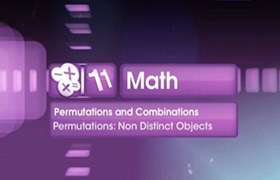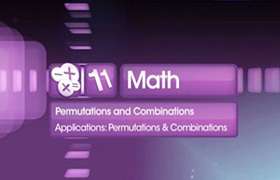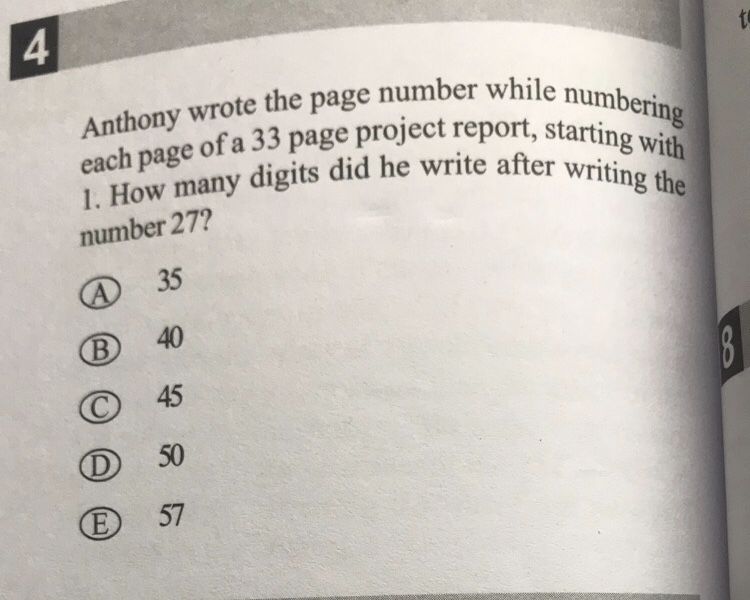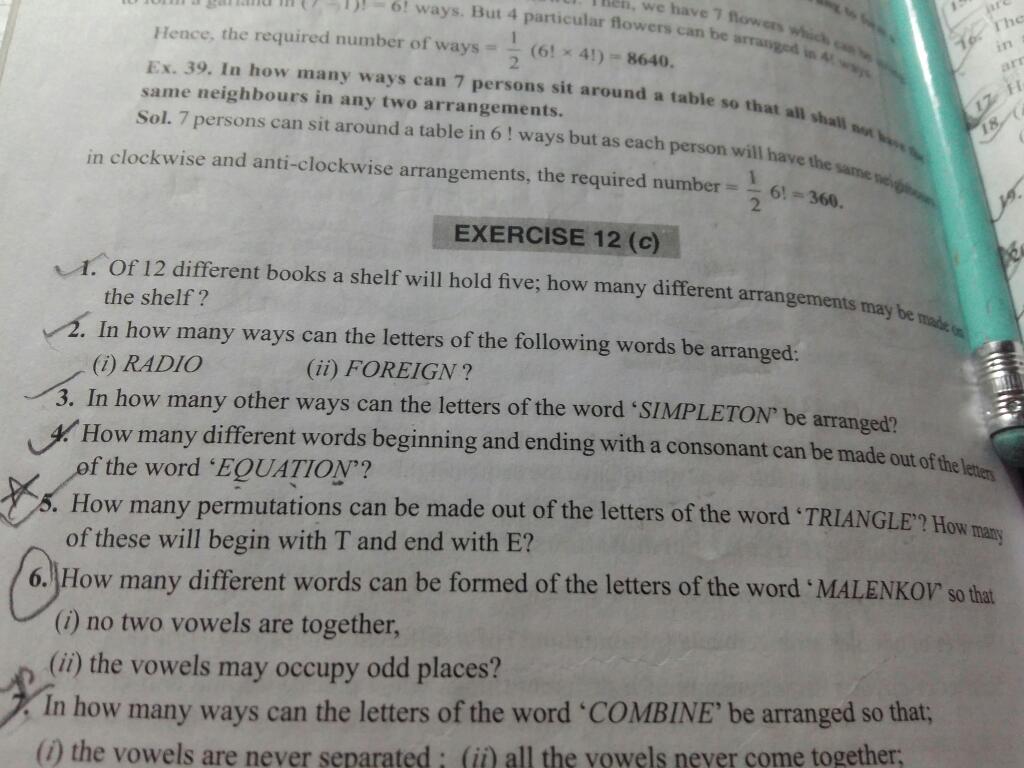CBSE Class 11-science Answered
pl. answer
Asked by HEMAPRIYA | 07 Nov, 2010, 10:56: PM
Dear Student
FCPP, or the Product Principle is as follows. Suppose a certain operation can be performed in n1 different ways. Following this operation, a second operation can be performed in n2 different ways. Again, following this second operation, a third operation can be performed in n3 different ways and so on. Then the number of ways in which the operations can be performed in the order indicated is n1 n2 n3 ... nk.
FCAP or the addition principle is as follows. Suppose an operation consists of performing exactly one sub-operation from among a collection of mutually exclusive (disjoint) sub-operations, say, s1, s2,..., sk. In other words, the operation is performed if exactly one of s1 or s2 or ... or sk is performed.
Further suppose that each of si, i = 1, 2 , ..., k is performed in ni ways. Then the number of ways in which the operation can be performed is
n1 + n2 + ...+ nk. If the operation consists of only two distinct sub-operations s1 and s2, then the number of ways is n1 + n2.
If there are only two operations to be performed, then the number of ways is:
n1 n2.
Further suppose that each of si, i = 1, 2 , ..., k is performed in ni ways. Then the number of ways in which the operation can be performed is
n1 + n2 + ...+ nk. If the operation consists of only two distinct sub-operations s1 and s2, then the number of ways is n1 + n2.
If there are only two operations to be performed, then the number of ways is:
n1 n2.
Hope it clarifies your doubt
Regards
Regards
Team Topper
Answered by | 08 Nov, 2010, 10:37: AM
Concept Videos
CBSE 11-science - Maths
Asked by kanhaparashar17 | 04 Apr, 2024, 12:55: PM
CBSE 11-science - Maths
Asked by tharshini8456157 | 27 Nov, 2023, 10:32: PM
CBSE 11-science - Maths
Asked by lavanya.toshit | 21 Feb, 2023, 09:16: PM
CBSE 11-science - Maths
Asked by pranshusingh9himalya | 15 Nov, 2022, 01:43: AM
CBSE 11-science - Maths
Asked by ismayilpmamu | 09 Apr, 2020, 10:10: PM
CBSE 11-science - Maths
Asked by kandappan | 10 Feb, 2020, 05:34: PM
CBSE 11-science - Maths
Asked by Kchawla94 | 28 Feb, 2019, 08:07: PM
CBSE 11-science - Maths
Asked by Kashifimam866 | 20 Feb, 2019, 05:58: AM
CBSE 11-science - Maths
Asked by lovemaan5500 | 02 Feb, 2019, 08:23: PM

